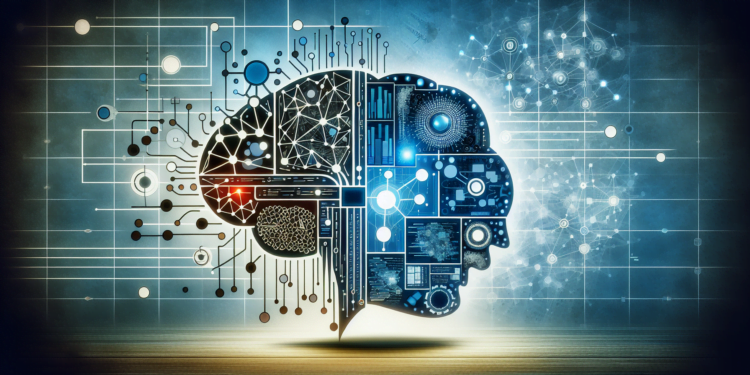Artificial intelligence (AI) has undergone dizzying advancements, catalyzing the evolution of expert systems from their rudimentary rule-based structures to more dynamic and autonomous entities capable of learning and adapting. These systems model the decision-making abilities of human experts in specific fields, using a blend of advanced methodologies and complex algorithms. This article dissects the theoretical and technical structures of modern expert systems, analyzing their emerging applications and projecting future developments.
Evolution of Expert Systems: From Coded Rules to Deep Learning
Initially, expert systems were based on a rule production architecture, where knowledge was explicitly encoded in the form of “if-this-then-that” (IF-THEN). The limitations in flexibility and scalability of this approach were partially addressed by the knowledge-based system, which integrates a knowledge base with robust inference mechanisms, thereby enhancing the efficiency and accuracy of decision-making.
Nevertheless, the true metamorphosis arises with the incorporation of machine learning techniques that enable expert systems to adapt and learn from new situations without direct human intervention. Today, algorithms such as Deep Neural Networks (DNN) and Deep Reinforcement Learning (DRL) provide the capacity to process and synthesize vast amounts of data, crossing the threshold of what could possibly be coded by hand.
Current Challenges in Expert System Design and Overcoming Previous Barriers
A persistent obstacle has been the interpretation of complex models, especially in deep neural networks, known for their “black box” nature. The move towards Explainable AI (XAI) allows for the creation of expert systems whose decisions and processes can be understood and justified to end-users, fostering trust and allowing for ethical scrutiny.
The interdisciplinary integration stands out as an ingenious solution to this challenge, harmonizing knowledge from cognitive psychology with system engineering. A relevant case study can be found in AI-assisted medical diagnosis, where the interpretation of AI-generated diagnoses is enriched with intuitive interfaces for healthcare practitioners, facilitating a seamless transition between data-based recommendations and expert clinical judgments.
Advanced Applications and the Future of Expert Systems
The application of expert systems extends beyond traditional domains such as medicine and finance into new arenas like cybersecurity and environmental management. For instance, in intrusion detection, expert systems can now predict and mitigate security vulnerabilities through the strategic integration of DRL, adapting to new attack patterns almost in real-time.
Looking to the future, the convergence of expert systems with emerging technologies such as quantum computing and biotechnology is envisioned. Such a symbiosis could lead to the creation of expert systems with unprecedented information processing capabilities, capable of addressing problems so far unreachable in drug simulation and material development.
Conclusions
Expert systems have outgrown their legacy of static knowledge bases to become dynamic entities capable of learning and evolution. As this discipline advances, it becomes imperative for the scientific community to pursue both technical sophistication and applied ethics, always with an eye toward interpretability. The detailed findings reveal a promising future where expert systems not only mimic human decision-making but also collaborate and enhance intellectual capacity in solving complex problems of our era.






















